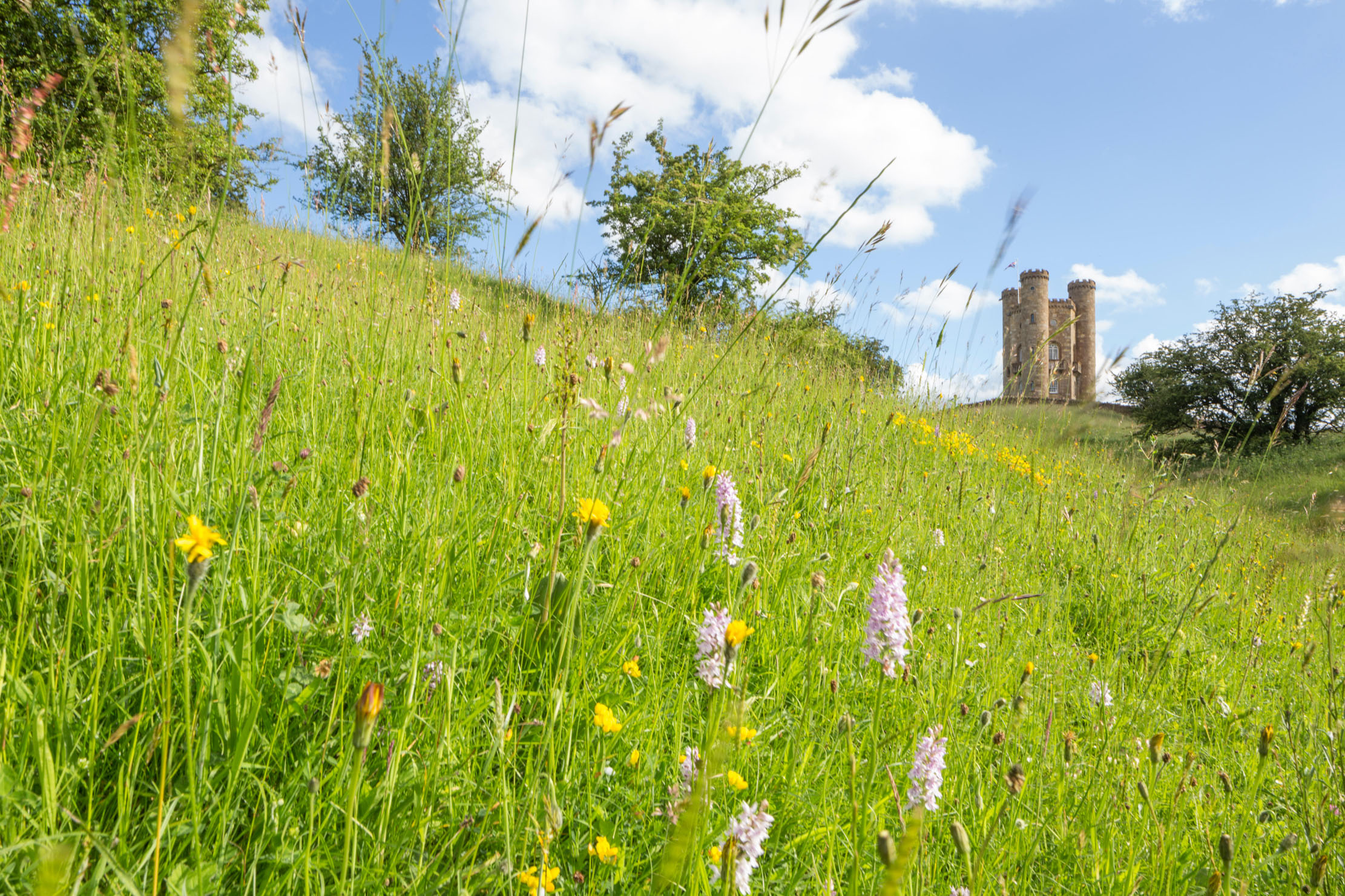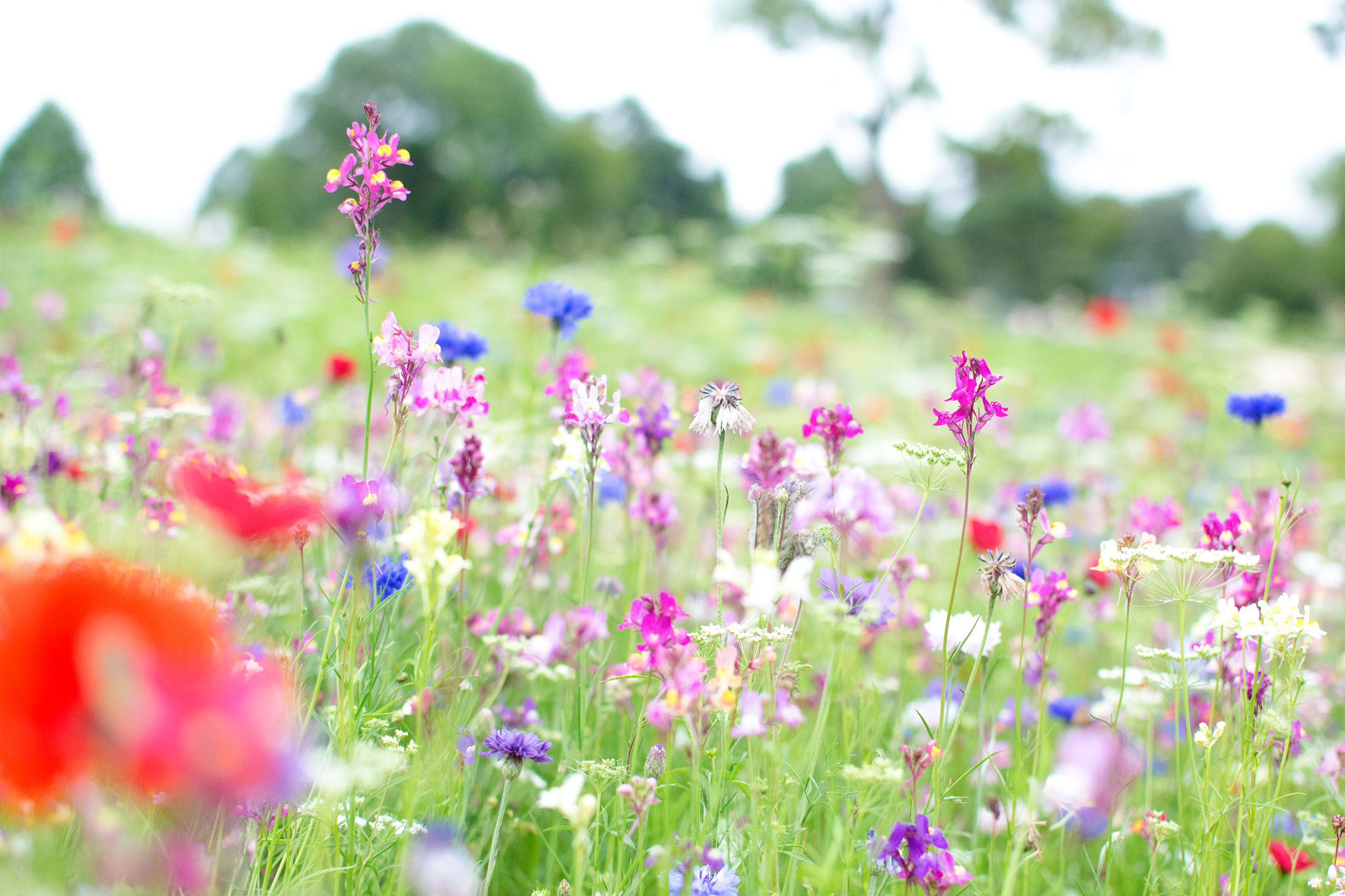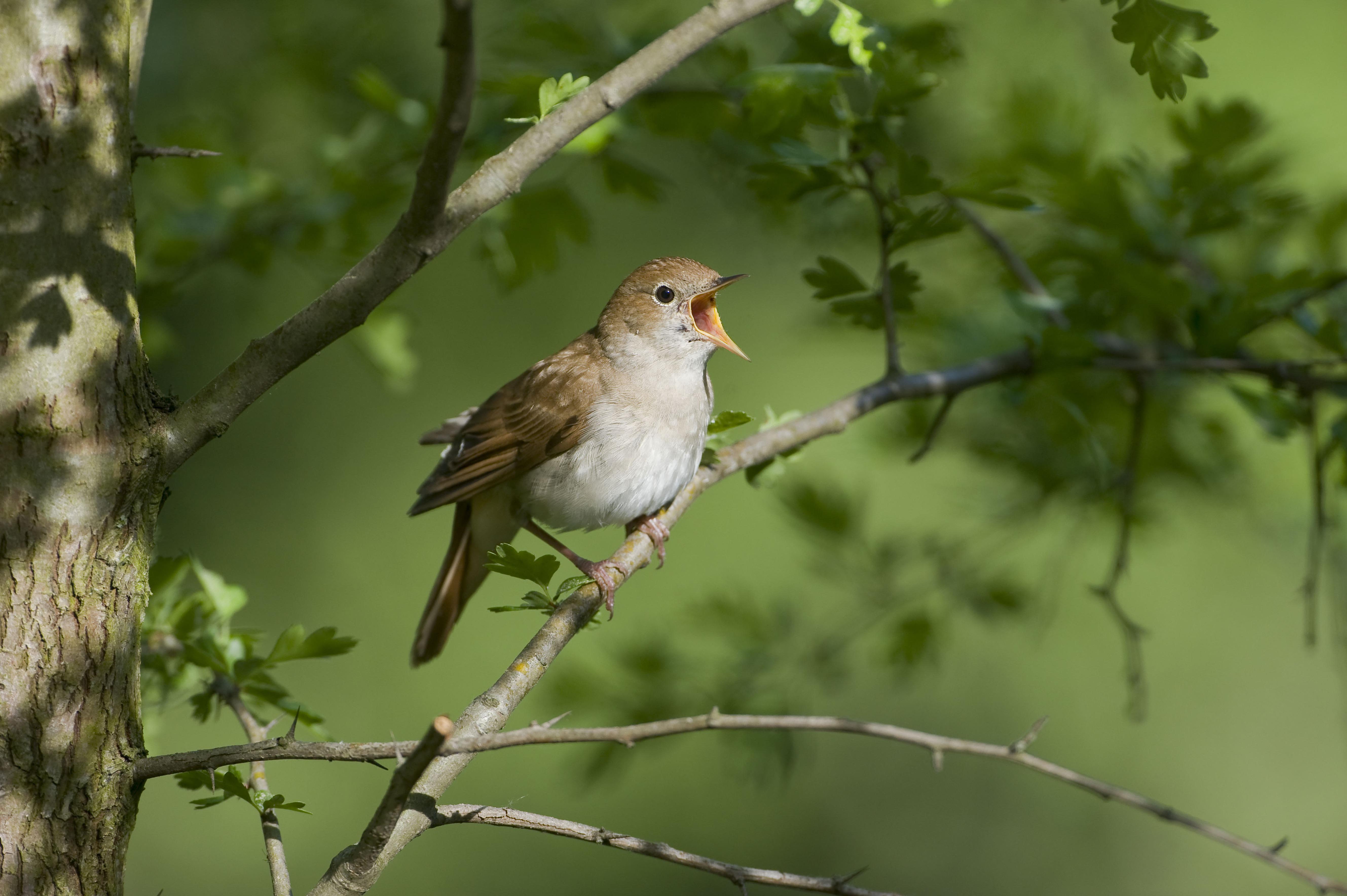
Exquisite houses, the beauty of Nature, and how to get the most from your life, straight to your inbox.
You are now subscribed
Your newsletter sign-up was successful
As we approach the first anniversary of the initial Covid-19 lockdown restrictions, huge progress has been made by the medical community in fighting the coronavirus. Vaccines that hadn't been dreamt of a year ago are now being administered in the millions, and each new day seems to bring news suggesting that there will again be normal times.
Yet there's still a long way to go. Depending on which paper you read, restrictions will still be with us for many more months, and possibly even the rest of 2021. We know it's difficult, so to help inspire you to keep going — and to keep doing your bit by adhering to the latest advice — we've come up with some suggestions to help keep you sane, as well as healthy.
Take a walk, learn things as you do
Winter has been grim, but we're nearly there: the official start of Spring is just a few weeks away, and from my WFH perch in West Sussex there are already buds appearing on the tree across the road.
For those taking daily walks to get out of the house and lift the Lockdown 3.0 gloom, this is simply wonderful news, for it means that instead of walking through cold, soggy, barren landscapes, we'll soon be walking through slightly warmer, slightly less soggy and magnificently green landscapes.
To make the most of that, we'd heartily recommend four things. First up, a decent map: unless you're sticking to big paths, a proper OS Map of your local area is a brilliant investment. Having been a cub and a scout in the 1980s and 1990s, I'd always default to the folding paper versions — but for the digital age, the mobile app is superb — and has the added benefit of working with your phone's GPS, so you don't have to triangulate your position using local landmarks. At the time of writing you can try it for a month for £1.
You'll need to know what you're looking at — especially once the wildflowers start coming out. Country Life's simple guide to the wildflowers of Britain is the ideal companion. Bookmark it in your phone's browser, or — even better — you can download the PDF version when you head to the page and scroll down a little way.

Comprehensive (and beautiful) as our guide is (even if we say it ourselves), there may, just may be the odd occasion when you see something which we haven't covered. If that's the case, the Google Lens app — built in to some Android phones, downloadable on others and Apple iPhones — can help. You literally point your phone at a plant/animal/tree and the app will try to recognise what it is and tell you something about it. It's hugely impressive — it even recognised the woodpecker at the end of our garden, using a Pixel 5 phone aimed at the bird from the kitchen window some two dozen yards away.
Exquisite houses, the beauty of Nature, and how to get the most from your life, straight to your inbox.
Finally, you'll want to know what you're listening to — especially at this time of year, when birdsong is at its sweetest as our feathered friends find mates and build nests. The RSPB have a web page dedicated to exactly that, while there are also mobile apps such as Warblr which can listen to and identify birdsong for you.

Peruse the Wonders of the World
Speaking of learning, something that is an absolute must for home schooling (and which goes far beyond the nightmarish grammar that’s on the National Curriculum) is Google Arts & Culture. (Yes, you read that right. Google, arts and culture in one sentence.)
It’s nothing less than a collection of wonders of the world, in particular from architecture and art, but with plenty of other experiences thrown in too. You can take a 3D tour of the MOMA in New York, Guggenheim in Bilbao or the Van Gogh Museum in Amsterdam, find out how the Hubble Telescope works, wander the Pyramids and more.
Some 2,000 museums and a further 20,000 other sites from around the world are on offer — we guarantee that your kids will learn far more than they would be figuring out what on earth a fronted adverbial is.

Immerse yourself in music
Learning to play a musical instrument from scratch is beyond the scope of the next few months — and especially since your neighbours won't thank you while you go through the process. But if you've a skill that's lain dormant then this is the ideal time to brush it up. Decent, independent music shops such as Chamberlains are delivering everything from penny whistles and ukuleles to cellos and pianos, as well as holding vast stocks of sheet music.
And if you don't play? It's the ideal time to start listening, particularly if you're keen to get into classical music. Primephonic is effectively a Spotify for classical music, but rather than leave you to your own devices to decide what to listen to, they have a number of expert curators who put together beautiful music — everything from 'Baroque Essentials' to music you'll recognise from classic TV adverts is covered.
Best value of all, though, is their 'Ludwig' service, effectively a 10-week online crash course in classical music. It's effectively £5.99 a month, with podcasts, playlists and quizzes – as well as access to the main Primephonic service.

Watch the greatest films ever made
And finally, as easy as it is to lose yourself in whatever is new on Netflix or the BBC iPlayer, you could waste months of your life that way. You might well have done that already.
It's time to put in place something more concrete: instead of filling your time, fill in the gaps in your cultural experience. The BBC iPlayer, for example, has an entire section of classic films such as The Godfather, All The President's Men, Citizen Kane and — for licence payers who've ended up locked down outside of Britain, a VPN service can help you access it by helping your computer appear to be back in Blighty. Express VPN comes enormously highly rated from our techie friends at our sister site Trusted Reviews. It costs from around £5 a month, and you can give it a try for 30 days with a money-back guarantee.
Toby Keel is Country Life's Digital Director, and has been running the website and social media channels since 2016. A former sports journalist, he writes about property, cars, lifestyle, travel, nature.


